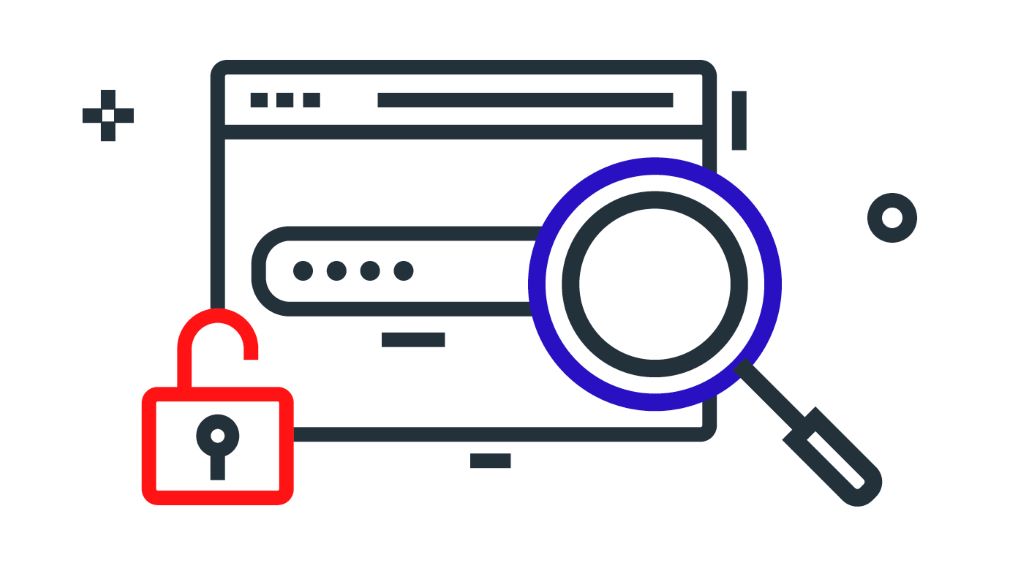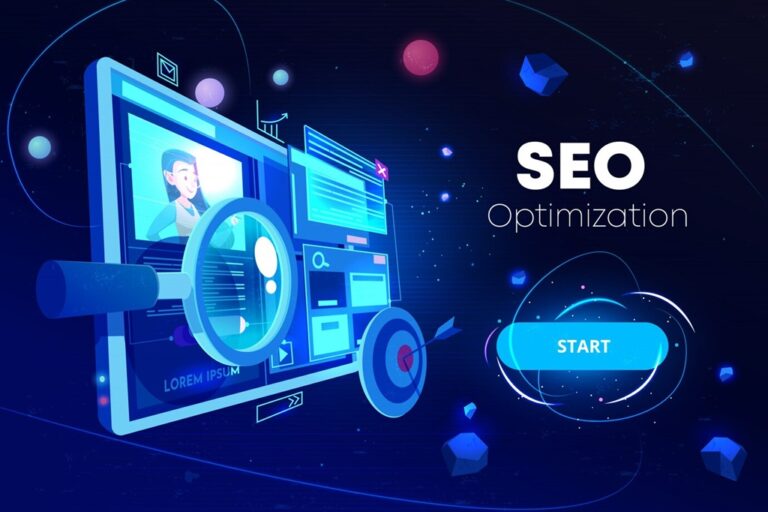If you’ve dabbled in the world of SEO (Search Engine Optimization), you’ve likely heard the term “search intent” thrown around quite a bit. Search intent might seem like a buzzword, but it’s a fundamental concept that has a powerful impact on how well your website performs in search results.
What is Search Intent?
In its simplest form, search intent refers to the reason why someone types a query into a search engine like Google. It’s the goal the user hopes to achieve by conducting that search. Understanding this intent allows you to tailor your content to directly answer questions, provide solutions, or fulfill the needs behind the search.
Why Google’s Helpful Content Update Emphasizes Search Intent
Google constantly updates its algorithms to deliver the most relevant and helpful results to its users. The recent Helpful Content Update highlights the importance of prioritizing user experience by demonstrating that Google is becoming far better at understanding the very reason behind a person’s query.
Picture this: If you search for “best Italian restaurants near me,” Google understands that you’re not just looking for general information about Italian food – you want actionable recommendations for places to eat in your local area. Content focusing solely on types of Italian cuisine won’t match that intent.

Types of Search Intent
It’s useful to break down search intent into a few core categories:
- Informational: The user seeks information or specific knowledge (e.g., “how to tie a tie,” “symptoms of the flu,” “history of Bangladesh”).
- Navigational: The user wants to find a specific website or web page (e.g., “YouTube,” “NASA website”).
- Commercial: The user is researching products or services with potential intent to buy (e.g., “best affordable laptops 2024,” “coffee shops in Chittagong”).
- Transactional: The user is ready to make a purchase (e.g., “buy iPhone 15,” “order pizza delivery”).
How Understanding Search Intent Improves Your SEO
Focusing on search intent benefits your SEO in several key ways:
- Increased Relevance: When you align your content with search intent, you provide exactly what users are looking for. This makes your website more relevant to the search engine, signaling to Google that you’re a valuable resource.
- Higher Rankings: Google rewards websites that satisfy search intent by placing them higher in search results. After all, its primary goal is to make its users happy,
- Improved User Experience: Content that directly addresses a user’s query offers a better experience. Visitors are more likely to spend time on your site, read your articles, and even come back for more.
- Increased Click-Through Rates (CTRs): When your title tags and meta descriptions (the snippets you see in search results) directly match the search intent, users are more likely to click on your link
How to Optimize Your Content for Search Intent
Now that we understand why it matters, let’s explore how to use search intent to your advantage:
- Keyword Research with Intent in Mind: Go beyond just finding keywords with decent search volume. Ask yourself, “What problem will someone be trying to solve by searching for this term?”
- Analyze Search Results: Type the target keyword into Google yourself. What kind of content appears on the first page? This gives you direct insight into how Google is interpreting the intent.
- Tailor Your Content Format: Should you create a blog post, a step-by-step guide, a product review, a list, or even a video? Match the format to how people are likely wanting to consume the information.
- Utilize Structure: Headings (H1, H2, etc.), bullet points, and clear organization make your content easier to scan, helping users quickly find the information they need.
Remember: People-First Content
Google’s Helpful Content Update is all about prioritizing real value for real people. While aligning with search intent is crucial, don’t lose sight of making your content engaging, informative, and genuinely helpful to your audience.
By mastering the concept of search intent, you set yourself apart and position your website to reap the rewards of better rankings, happier users, and a more successful online presence.






